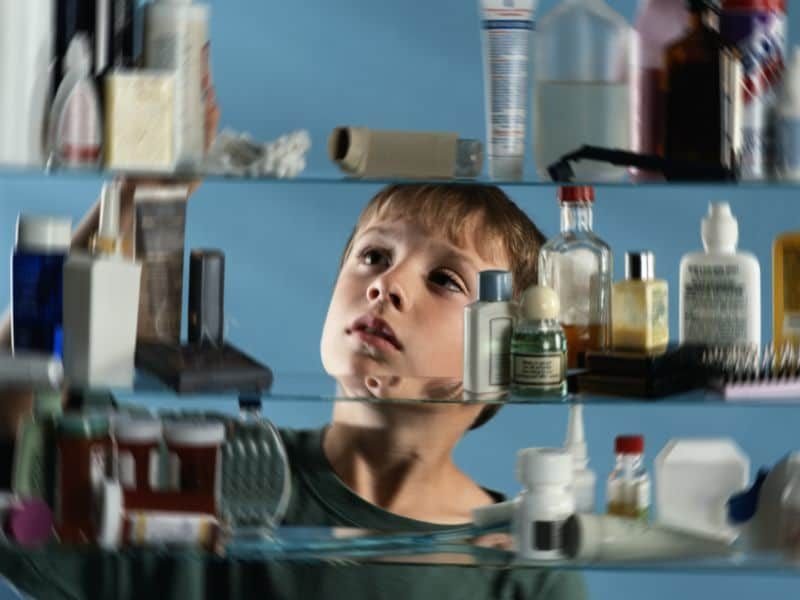
Everyone worries about drug abuse among children, but a hidden danger for some kids rests in prescription medicines intended to help them, a new study warns. Some children and teenagers who are prescribed multiple medications are at risk of drug interactions that could literally stop their heart, according to the report. “We found that about… read on >



























